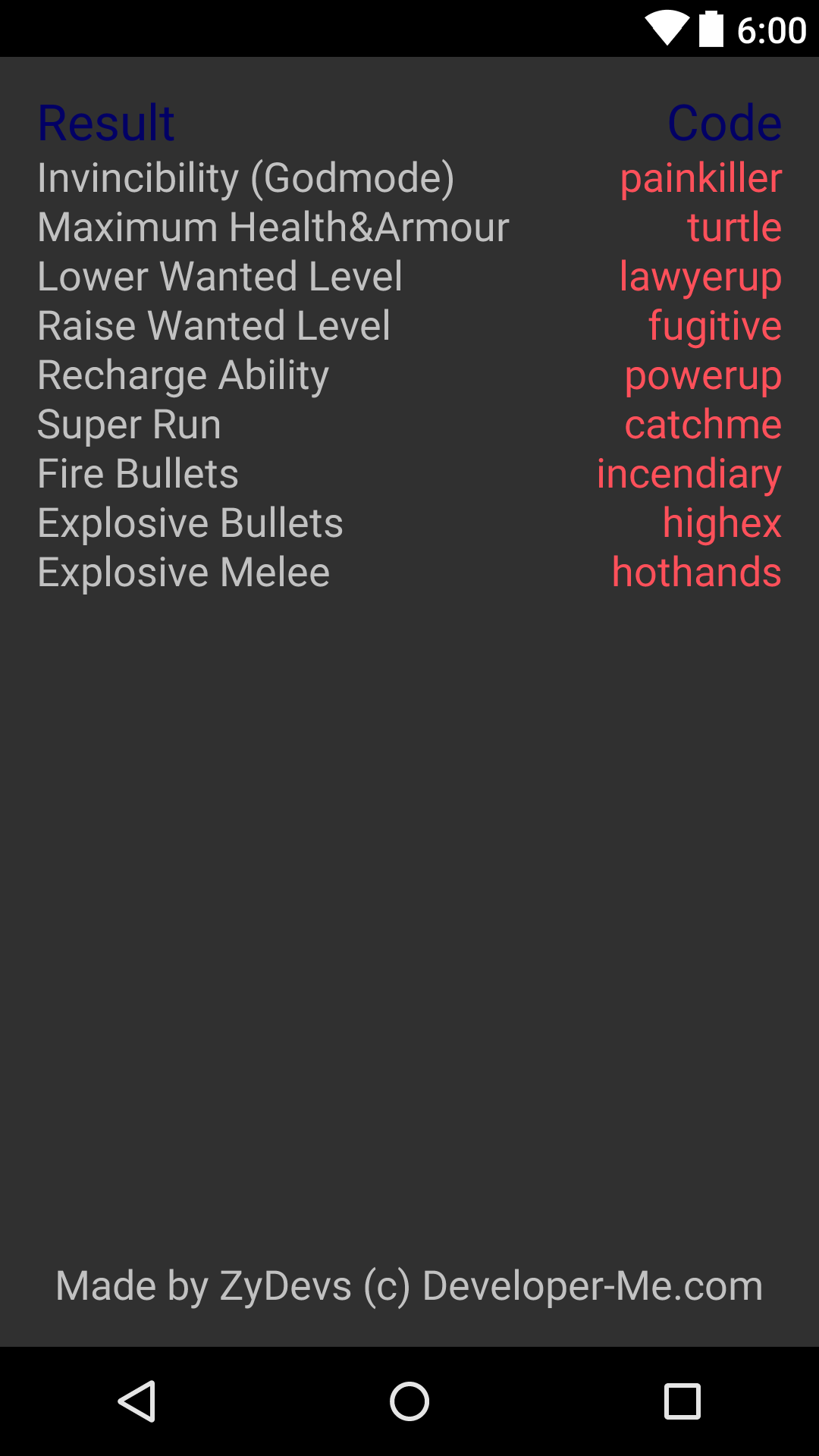Docker Image Download Offline
Docker image that provides a Minecraft Server that will automatically download selected version at startup - itzg/docker-minecraft-server. By default, the docker-compose command reads the file with the name docker-compose.yml or docker-compose.yaml in the same working directory where you issue the command. Using your choice of available text editor, open a new blank file. Then, copy the YAML code below, paste it in your editor, and then save the docker-compose.yml file.
Estimated reading time: 5 minutes
This document describes basic use of the Notary CLI as a tool supporting DockerContent Trust. For more advanced use cases, you mustrun your own Notary service. Read theuse the Notary client for advanced users documentation.
What is Notary
Notary is a tool for publishing and managing trusted collections of content.Publishers can digitally sign collections and consumers can verify integrityand origin of content. This ability is built on a straightforward key managementand signing interface to create signed collections and configure trusted publishers.
With Notary anyone can provide trust over arbitrary collections of data. UsingThe Update Framework (TUF)as the underlying security framework, Notary takes care of the operations necessaryto create, manage, and distribute the metadata necessary to ensure the integrity andfreshness of your content.


Install Notary
You can download precompiled notary binary for 64 bit Linux or macOS from theNotary repository’sReleases page on Github.
Understand Notary naming
Notary uses Globally Unique Names (GUNs) to identify trust collections. Toenable Notary to run in a multi-tenant fashion, you must use this formatwhen interacting with Docker Hub through the Notary client. When specifyingDocker image names for the Notary client, the GUN format is:
- For official images (identifiable by the “Official Image” moniker), theimage name as displayed on Docker Hub, prefixed with
docker.io/library/. Forexample, if you would normally typedocker pull ubuntuyou must enternotary{cmd} docker.io/library/ubuntu. - For all other images, the image name as displayed on Docker Hub, prefixed by
docker.io.
The Docker Engine client takes care of these name expansions for you so do notchange the names you use with the Engine client or API. This is a requirementonly when interacting with the same Docker Hub repositories through the Notaryclient.

Inspect a Docker Hub repository
The most basic operation is listing the available signed tags in a repository.The Notary client used in isolation does not know where the trust repositoriesare located. So, you must provide the -s (or long form --server) flag totell the client which repository server it should communicate with.
The official Docker Hub Notary servers are located athttps://notary.docker.io. If you would like to use your own Notary server,it is important to use the same or a newerNotary version,as the client for feature compatibility (ex: client version 0.2, server/signer version >= 0.2).Additionally, Notary stores your own signing keys,and a cache of previously downloaded trust metadata in a directory, providedwith the -d flag. When interacting with Docker Hub repositories, you mustinstruct the client to use the associated trust directory, which by default isfound at .docker/trust within the calling user’s home directory (failing touse this directory may result in errors when publishing updates to your trustdata):
Docker Image Download Offline

The output shows us the names of the tags available, the hex encoded sha256digest of the image manifest associated with that tag, the size of the manifest,and the Notary role that signed this tag into the repository. The “targets” roleis the most common role in a simple repository. When a repository has (orexpects) to have collaborators, you may see other “delegated” roles listed assigners, based on the choice of the administrator as to how they organize theircollaborators.
When you run a docker pull command, Docker Engine is using an integratedNotary library (the same one as Notary CLI) to request the mapping of tagto sha256 digest for the one tag you are interested in (or if you passed the--all flag, the client uses the list operation to efficiently retrieve allthe mappings). Having validated the signatures on the trust data, the clientinstructs the Engine to do a “pull by digest”. During this pull, theEngine uses the sha256 checksum as a content address to request and validate theimage manifest from the Docker registry.
Delete a tag
Notary generates and stores signing keys on the host it’s running on. This meansthat the Docker Hub cannot delete tags from the trust data, they must be deletedusing the Notary client. You can do this with the notary remove command.Again, you must direct it to speak to the correct Notary server. Neitheryou nor the author has permissions to delete tags from the official alpinerepository, so the output below is for demonstration only:

In the preceding example, the output message indicates that only the removal wasstaged. When performing any write operations they are staged into a change list.This list is applied to the latest version of the trust repository the next timea notary publish is run for that repository.
You can see a pending change by running notary status for the modifiedrepository. The status subcommand is an offline operation and as such, doesnot require the -s flag, however it silently ignores the flag if provided.Failing to provide the correct value for the -d flag may show the wrong(probably empty) change list:
Configure the client
It is verbose and tedious to always provide the -s and -d flagsmanually to most commands. A simple way to create preconfigured versions of theNotary command is via aliases. Add the following to your .bashrc orequivalent:
More advanced methods of configuration, and additional options, can be found inthe configuration doc and by running notary --help.
Docker Image Download Offline Windows 10
docker, Notary, notary-client, docker content trust, content trust